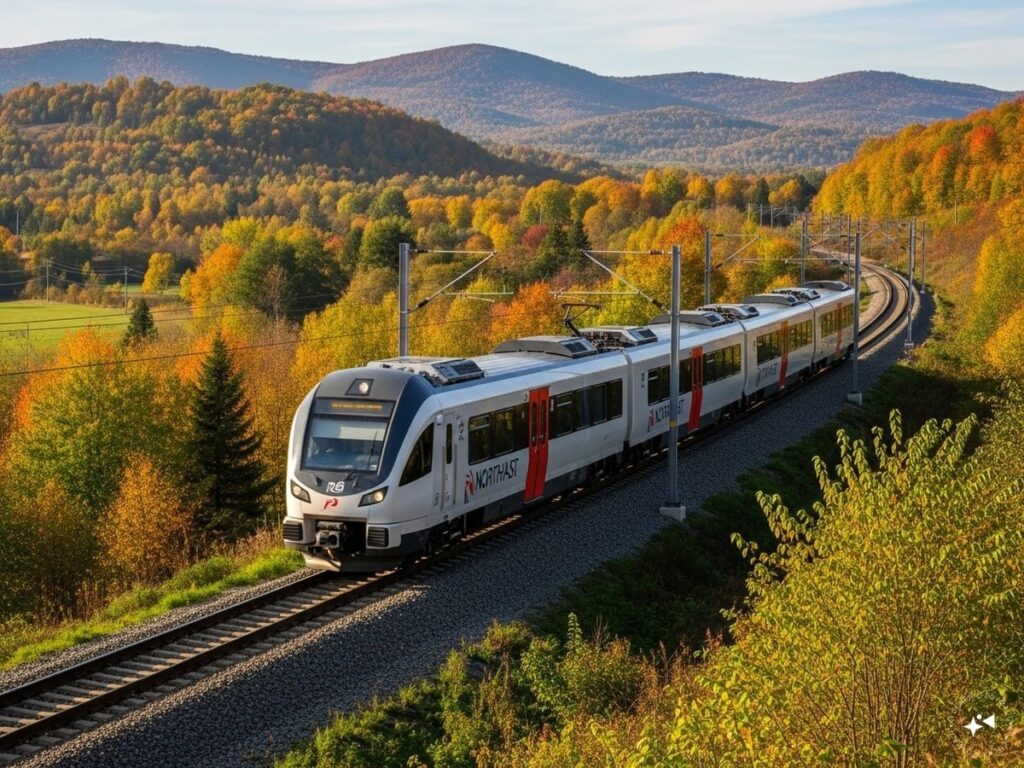
New Delhi — In a strategic move to enhance regional connectivity and infrastructure, Indian Railways has approved a significant new railway project that is set to transform transportation in Eastern and North-Eastern India. This ambitious initiative aims to strengthen linkages between Bihar, West Bengal, and the North-Eastern states, while also bringing Indian Railways’ network closer to Bangladesh’s borders — a move that holds substantial economic and geopolitical importance.
Gateway to the North-East
The project, greenlit by the Ministry of Railways, is part of a larger plan to decongest existing railway corridors and create a more efficient, high-capacity transport network. This upgraded corridor will serve as a critical gateway to the North-East, streamlining the movement of passengers and freight, and enhancing logistical integration between India’s eastern heartland and its northeastern frontier.
The project is especially significant for its potential to reduce travel time, alleviate bottlenecks in freight movement, and offer alternative routes that connect seamlessly with the international border areas, particularly with Bangladesh. With cross-border trade and transit agreements gaining momentum, this railway link is likely to play a pivotal role in future India-Bangladesh cooperation.
Strengthening Ties with Bangladesh
Officials from the North East Frontier Railway (NFR) confirmed that, once operational, this new corridor will not only enhance domestic connectivity but also facilitate smoother cross-border linkages. Railway routes in the region are being designed to complement existing and proposed India-Bangladesh rail links, such as those connecting Agartala-Akhaura, Haldibari-Chilahati, and Petrapole-Benapole.
The project’s proximity to the international border with Bangladesh holds significant trade potential. With India already exporting substantial goods via land and river routes, enhanced railway connectivity could further reduce costs, speed up transit, and open new markets for goods from the North-East.
Focus on Regional Development
The North East Frontier Railway has expressed a strong commitment to executing the project efficiently, with special attention to timelines, sustainability, and local development. The improved railway infrastructure is expected to stimulate economic growth, create employment opportunities, and improve accessibility to remote regions that have long struggled with transportation gaps.
By reducing congestion on traditional routes and introducing faster, more direct rail lines, the project will also make it easier to move essential goods like agricultural produce, petroleum, and construction materials, thereby lowering supply chain costs and enhancing market access for rural communities.
A Step Toward Strategic Connectivity
The railway expansion aligns with India’s broader strategy to improve infrastructure in the North-East, a region that is geopolitically sensitive and economically vital. As part of the “Act East Policy,” India aims to make the North-East a hub for connectivity with Southeast Asia. Enhanced rail links, especially those touching international borders, are integral to achieving this vision.
Indian Railways’ latest approval signals a bold step toward creating a unified, efficient, and future-ready transportation corridor that connects the heart of India to its easternmost states — and beyond, into neighboring Bangladesh. As groundwork begins, the project promises not only logistical gains but also a strategic transformation in how India moves goods, people, and ideas across regions.
